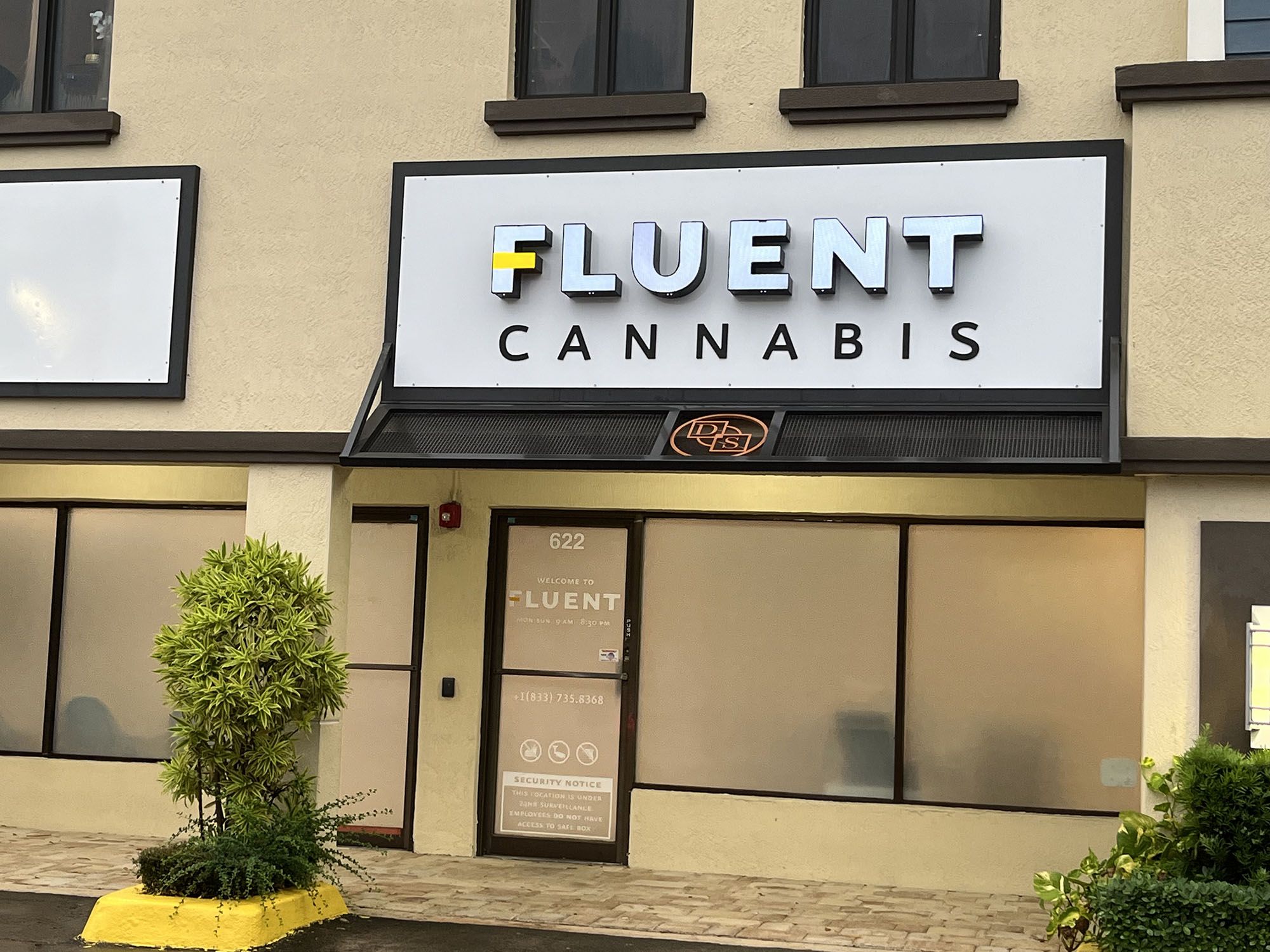As the cannabis industry continues to grow, dispensaries play a crucial role in shaping its landscape. These licensed establishments serve as the primary point of contact between consumers and cannabis products. Dispensaries do more than just provide access to cannabis—they also contribute to public education and play an active role in advocacy. Here’s an exploration of how dispensaries function within the cannabis industry and the responsibilities they uphold.
1. Access to Legal Cannabis
One of the primary roles of dispensaries is to provide safe, regulated access to cannabis products. Whether for medical or recreational use, dispensaries are the hubs where consumers can legally purchase cannabis in various forms, such as flower, concentrates, edibles, topicals, and more.
- Medical Dispensaries: In states where medical cannabis is legal, dispensaries often serve patients who need cannabis for therapeutic purposes. Medical dispensaries ensure that patients have access to cannabis products with the specific cannabinoid profiles and dosages suited to their medical needs. Patients must typically present a valid medical marijuana card to purchase products.
- Recreational Dispensaries: In states where cannabis is legal for adult-use, dispensaries provide access to a broader audience. Recreational dispensaries must adhere to strict regulations regarding age restrictions, product labeling, and consumer safety.
By offering a wide range of lab-tested products, dispensaries provide consumers with legal and safe alternatives to unregulated sources, ensuring product quality and safety.
2. Education and Guidance
Dispensaries are also key sources of information for consumers. Given the complexity of cannabis products—such as the differences between strains, THC and CBD ratios, terpenes, and methods of consumption—many customers rely on dispensaries to educate them on their options.
- Budtender Expertise: Trained dispensary staff, often referred to as “budtenders,” play a pivotal role in guiding customers through the selection process. They help customers understand the differences between products, recommend strains based on desired effects, and explain how to properly consume cannabis to achieve the desired outcome.
- Medical Education: In medical dispensaries, education is even more critical. Patients often seek cannabis to manage symptoms of chronic pain, anxiety, epilepsy, or other conditions, and budtenders help them select appropriate products. Many dispensaries offer personalized consultations, where staff can provide detailed information about dosages, consumption methods, and potential interactions with other medications.
- Workshops and Community Outreach: Some dispensaries go beyond one-on-one education and host workshops or informational sessions on cannabis-related topics. These may cover everything from safe consumption practices to the latest developments in cannabis research. This educational role helps dispel myths and misconceptions about cannabis while promoting responsible use.
3. Advocacy and Community Engagement
Dispensaries often serve as advocates for the broader cannabis movement, supporting policy reforms and working to reduce the stigma associated with cannabis use.
- Policy Advocacy: Many dispensaries are involved in advocating for cannabis policy changes, both at the local and national levels. Dispensaries often support efforts to expand access to medical cannabis, push for the decriminalization of cannabis-related offenses, and advocate for the legalization of recreational use in states where it remains prohibited.
- Social Justice Initiatives: The cannabis industry, particularly dispensaries, often engages in social justice advocacy. Given the disproportionate impact of cannabis criminalization on minority communities, some dispensaries actively support initiatives aimed at expunging past cannabis convictions and promoting equity within the industry. This might involve partnering with local organizations or directly advocating for legislative reforms.
- Supporting Local Communities: Many dispensaries also engage with their local communities through charitable initiatives, educational events, or partnerships with local businesses. By giving back to the communities they serve, dispensaries help foster positive relationships and promote the normalization of cannabis use.
In Summary
Dispensaries play a multifaceted role in the cannabis industry. They provide safe and legal access to cannabis products, offer essential education to both medical patients and recreational users, and engage in advocacy efforts to push for broader policy reforms. As the cannabis industry continues to evolve, dispensaries will remain central to its growth, ensuring that consumers have the information, products, and support they need to make informed decisions about cannabis use.
Learn More: High Impact: How Cannabis Delivery is Sparking Economic Growth in Aventura

